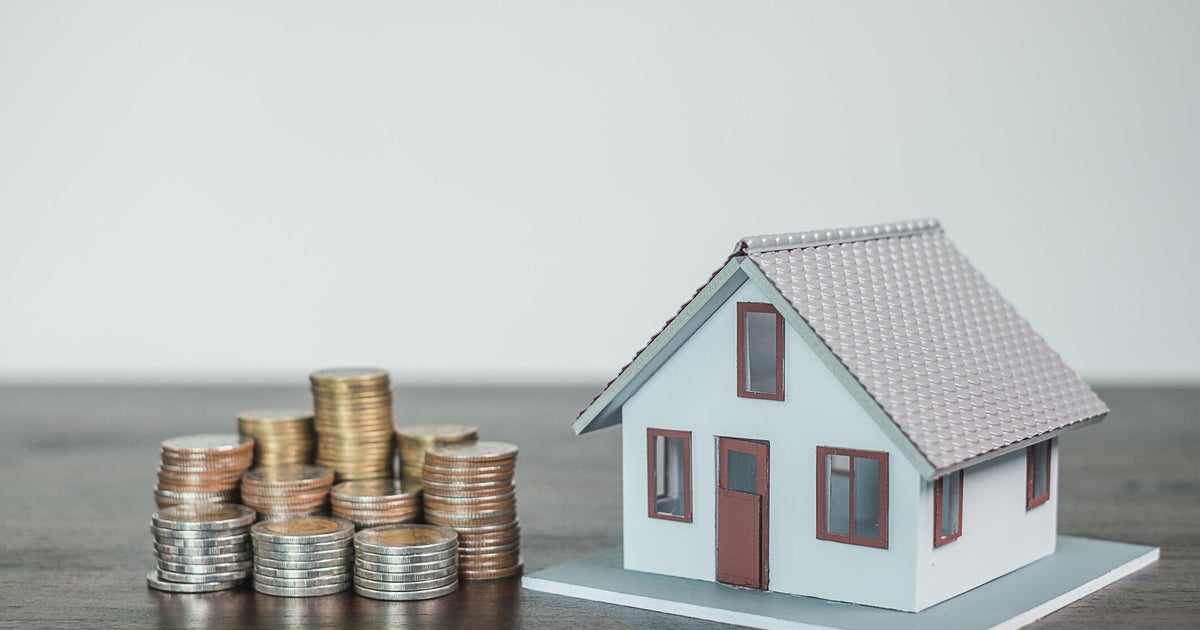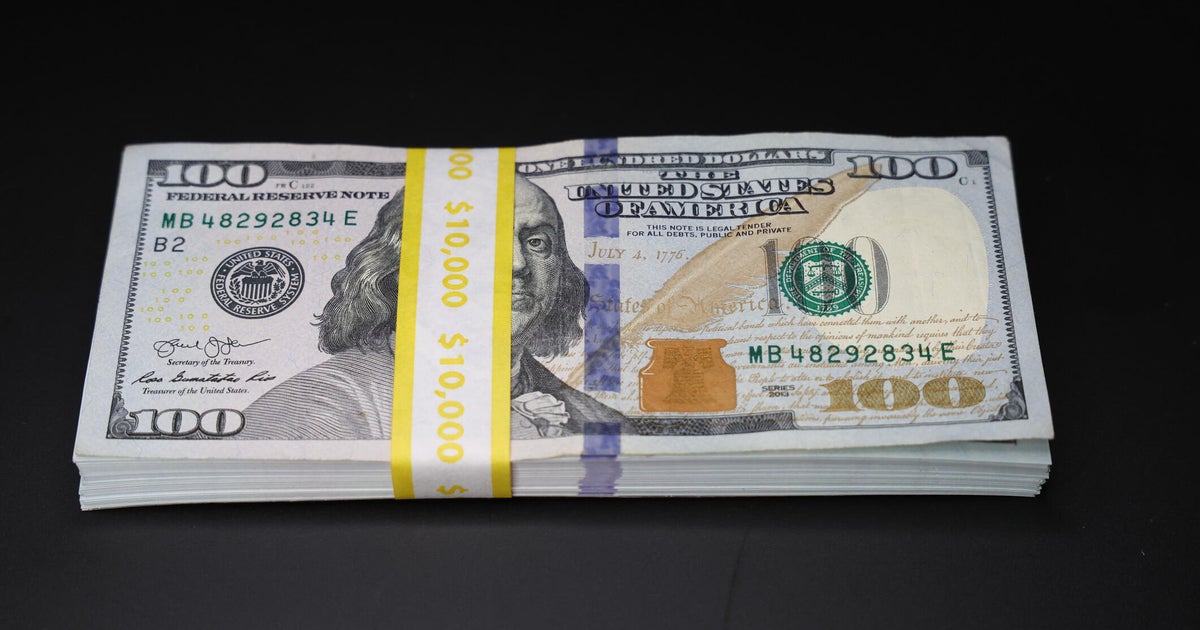Home equity loan limits to know
It's a good time to be a homeowner, given that most homeowners have built up substantial home equity. After all, the average homeowner is sitting on $299,000 in home equity currently, of which $193,000 is accessible to tap into.
Many homeowners tap into their home's equity for cash to consolidate high-interest debt, fund a home renovation project or for other purposes. A home equity loan or home equity line of credit (HELOC) may be able to get you the funding you need at a lower interest rate than other financing options.
However, not all of the equity you've built up can be borrowed against. Before proceeding, it's essential to understand the home equity loan limits, which determine how much you're eligible to borrow and your potential lending costs.
Learn more about today's lowest home equity loan rates.
Home equity loan limits to know
Here's what you need to know about home equity loan limits before you borrow:
The minimum home equity threshold
To qualify for a home equity loan, you generally need at least 15% to 20% equity in your home. Put another way, your loan-to-value (LTV) ratio must be at least 80% to 85%. So, if your home's market value is $400,000, you'll need to have $60,000 to $80,000 in home equity to qualify for a home equity loan.
"All lenders have certain loan-to-value ratios that they will not exceed," says Craig Garcia, president at Capital Partners Mortgage. "If you are considering a home equity loan, the lower your current LTV is, the more opportunity you have to borrow against the equity in your property. If you already have a high LTV, then you may not have sufficient equity to obtain a home equity loan."
Compare your top home equity loan options online now.
The home equity loan lending limit
Lenders set maximum loan amounts based on what's known as your combined loan-to-value (CLTV) ratio. This metric measures a home's total loan balance — including any liens and the home equity loan you're applying for — against the appraised value of the property. Generally speaking, the maximum amount lenders offer on home equity loans is 80% to 85% of your CLTV, though some limits may be higher.
Using the example above, let's say your home is appraised at $400,000, and you owe $320,000 on the first mortgage, an 80% loan-to-value ratio. Applying for a $40,000 home equity loan would add 10% to your loan value. More specifically, your CLTV would equal 90%.
"Most lenders want to stay close to 80% or less than 90% CLTV, but there are some exceptions and alternative options in some scenarios that may allow higher CLTV percentages," Phil Crescenzo Jr., vice president of Southeast Division at Nation One Mortgage Corporation, notes.
But what if you only owed $200,000 on your $400,000 home? In this case, you may qualify for a maximum loan amount of $120,000, the difference between the $200,000 balance and the 80% CLTV limit of $320,000.
Increasing your home equity loan limit
Like other types of loans, your creditworthiness can help your home equity loan approval odds and may even boost your maximum loan amount. Generally, you'll need a credit score of at least 680 to qualify for a home equity loan.
"Having a higher credit score of 700 or higher may qualify you with some lenders to access up to 90% equity, as opposed to the standard 80%," Rose Krieger, senior home loan specialist at Churchill Mortgage, points out.
The bottom line
Most homeowners have equity they may be able to borrow against. In fact, under 2% of American homeowners currently owe more on their mortgage than their home is worth, according to a recent CoreLogic Homeowner Equity Insights report.
Before applying for a home equity loan, be sure to factor in the loan's closing costs, which typically range from 2% to 6% of the total loan amount. These costs include home appraisal, origination and recording fees.
It also pays to shop and compare the best home equity loan rates to find the best deal. Even a slightly lower rate can result in significant savings over the life of the loan.




